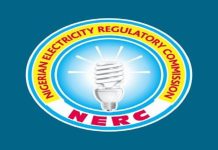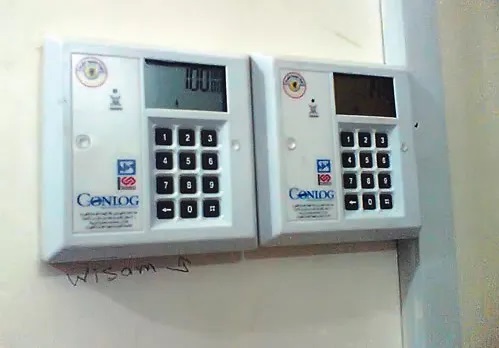The Transmission Company of Nigeria (TCN) reports that a sudden spike in frequency, escalating from 50.33Hz to 51.44Hz, causes a nationwide grid disruption around 11:29 a.m. on Thursday.
According to TCN’s official statement, the frequency surge is linked to technical malfunctions at one of its substations, which was immediately shut down to prevent further damage. The company notes, “The frequency spike was due to issues at one of our substations, prompting a shutdown to avoid further complications.”
Recovery Efforts and System Repairs
TCN initiates prompt recovery measures, managing to partially restore power to the Abuja region within 28 minutes. However, they confirm that full recovery efforts are still ongoing as work continues to stabilize the remaining affected areas.
In addressing these recurring grid issues, TCN reveals that it is actively conducting repairs and upgrades on critical infrastructure. Key projects include:
- Ongoing repairs on the Shiroro–Mando 330kV Transmission Line to boost reliability.
- Major enhancements at the Jebba Transmission Substation.
- Restoration work on the second Ugwuaji–Apir 330kV Transmission Line.
Addressing System Vulnerabilities
Following an investigation into previous grid collapses, TCN is implementing targeted improvements to strengthen the transmission network. The company acknowledges systemic weaknesses and confirms that technical upgrades and strategic interventions are being carried out based on the committee’s recommendations.
“Based on the investigative report’s findings, we are addressing identified weaknesses within the transmission system,” TCN states. They also caution that despite ongoing improvements, some instability may persist until all major repairs are completed.
Public Appeal for Patience
TCN appeals for public patience and understanding, recognizing the impact of these disruptions on daily life and economic activities. “We understand the inconvenience caused by these interruptions and ask for the public’s patience during this challenging period,” the statement adds.
Broader Context on Nigeria’s Power Challenges
The federal government, through the National Orientation Agency (NOA), attributes frequent national grid collapses to the inability of electricity distribution companies (DisCos) to handle the power generated. Despite Nigeria’s capacity to produce approximately 13,610MW of electricity and transmit up to 8,000MW, the distribution infrastructure can only manage around 4,000MW.
The recent addition of the 700MW Zungeru Hydroelectric Plant increases the national grid’s generation capacity. However, the distribution bottleneck remains a significant challenge, contributing to frequent power outages and grid instability.













